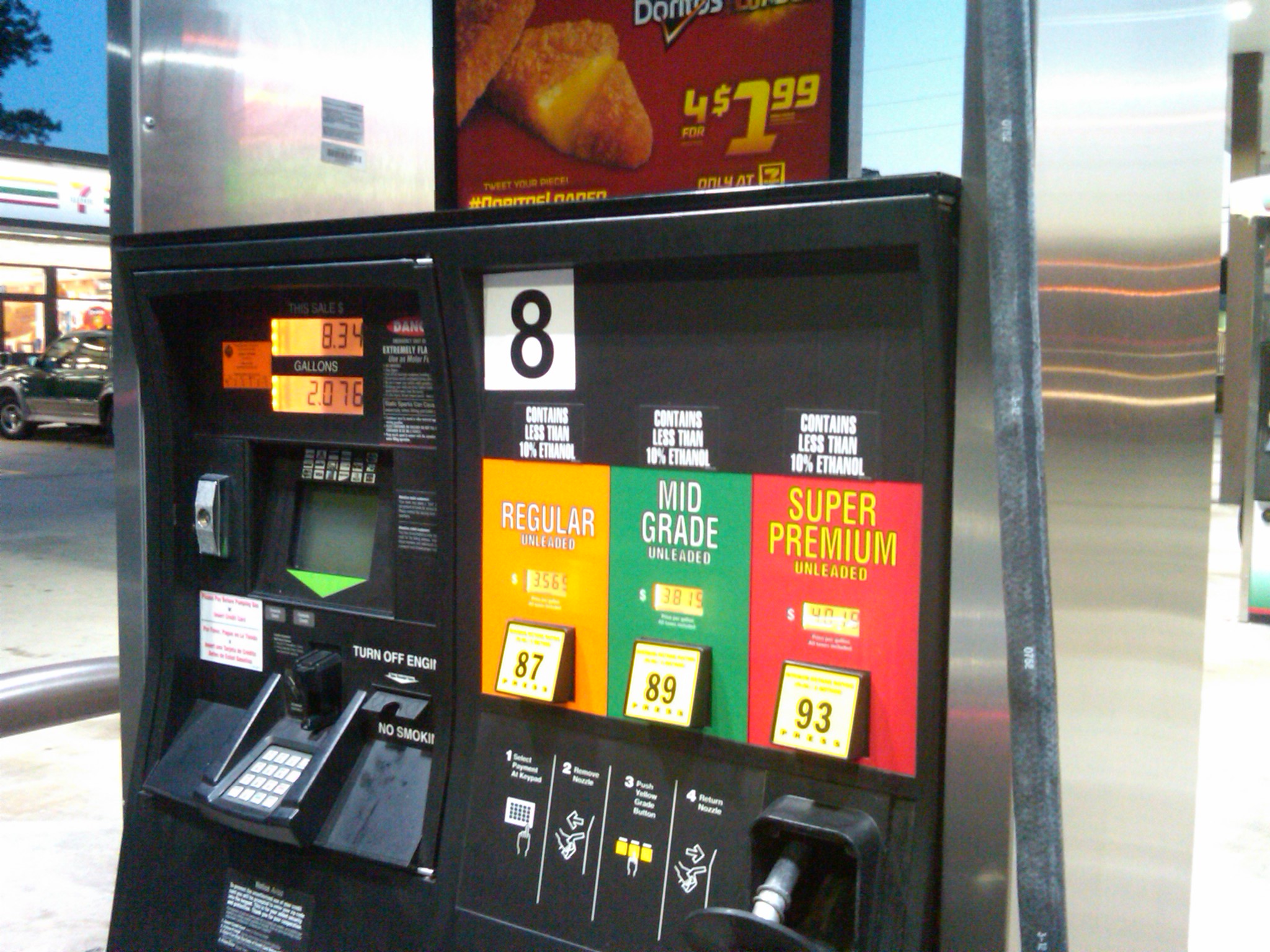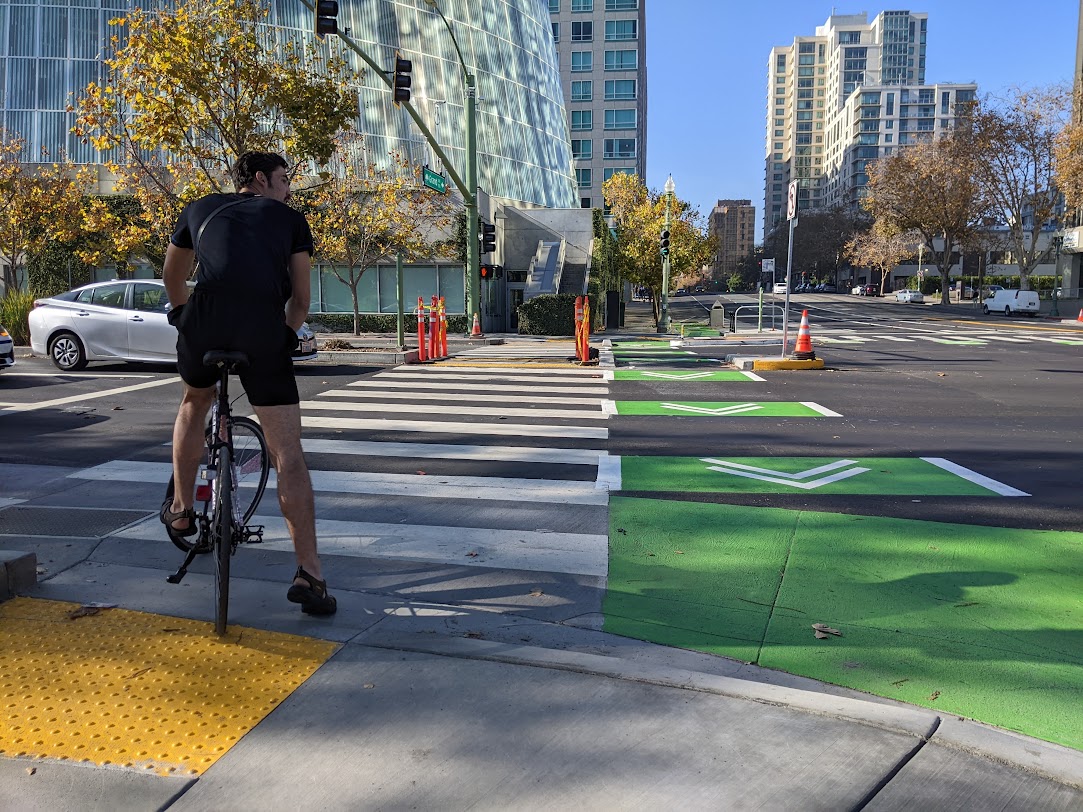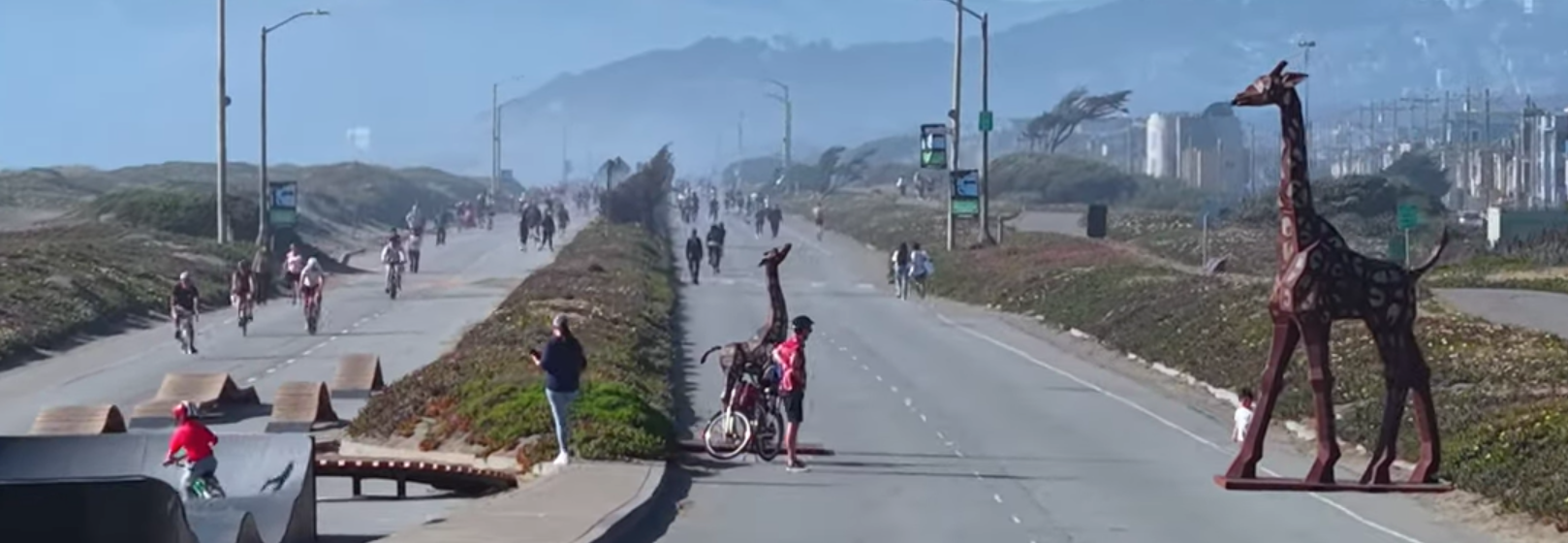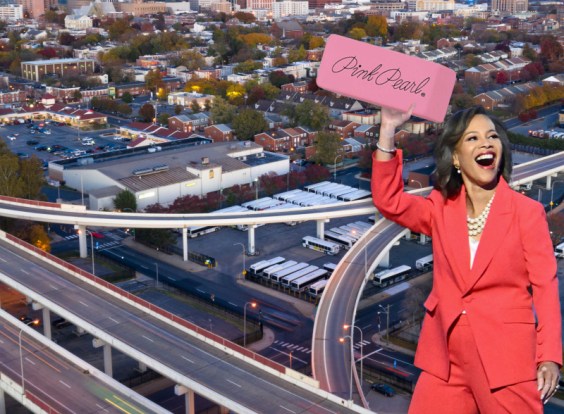As Congress considers President Biden’s $1.7 trillion infrastructure proposal, a broad array of Americans with competing viewpoints and interests has been offering their two cents about how to pay for necessary investments in our country’s transportation future.
Decision makers have proposed increased taxes on both corporations and wealthy individuals, along with a tax on vehicle-miles traveled, as possible options. But until recently, few on Capitol Hill had spoken about one of the most important sources of federal transportation funding: the gas tax.
That changed last month when a bipartisan group of more than 50 House lawmakers, dubbed the Problem Solvers Caucus, endorsed raising the gas tax as a way to pay for infrastructure spending.
It’s good to see support on both sides of the aisle for a higher federal gas tax, which has hovered at just over 18 cents a gallon for nearly three decades. Raising the gas tax will help ensure that those who drive pay for a larger share of the damage they do to our roads, air and climate.
A higher gas tax would also help to address one of the more intractable problems we face — filling the growing transportation funding gap. Currently, federal gas tax revenues go into a special Highway Trust Fund to pay for road and transit projects. However, since 2008, the money from drivers has covered little more than half of the cost of upkeeping and expanding our roadways. Most of the rest of the trust fund’s $157 billion in expenditures over the last decade came from general tax revenue that all Americans pay regardless of how they drive or whether they even own a car.
The long-term solvency of the Highway Trust Fund is concerning, but there is a more important question to consider before trying to solve this problem with an increase in the gas tax: What projects does the Highway Trust actually pay for? Unfortunately, too much of that money goes to harmful, wasteful highway boondoggle projects, which impose massive costs on public health and climate change, while touted benefits, such as reduced congestion, often fail to materialize.
On top of the estimated 58,000 American whose lives are cut short each year by air pollution, transportation is now the number-one source of greenhouse-gas emissions in the United States and the single largest contributor to the global climate crisis. Beyond causing us personal suffering, our transportation decisions are causing more extreme temperatures, shifting weather patterns and an increased prevalence of deadly diseases around the world.
We can’t keep pumping new money into a broken system and expect a different result.
Our country’s history of car-centric transportation infrastructure investments has also diverted precious resources away from the kinds of transportation projects that are most valuable to Americans: repairing potholes on streets, improving and electrifying public transit service and installing better safety infrastructure for pedestrians and cyclists.
The problems we face are daunting. Given the urgent need for action to thwart climate change and clean up America’s transportation sector, we can no longer afford to let the gas tax grow dusty on the shelf. We clearly need all available tools moving forward.
If we really want to make good on Biden’s efforts to modernize, and eventually decarbonize, our country’s infrastructure, we need a bold vision for not only how we raise transportation dollars but also how we spend them. It’s time to take a step back and reassess our priorities so that moving forward, we only fund transportation projects that will build a healthier, more sustainable transportation network ready to meet our challenges and aspirations for the 21st century.
John Stout (@JohnStoutJHS) is a transportation advocate with the U.S. Public Interest Research Group.





